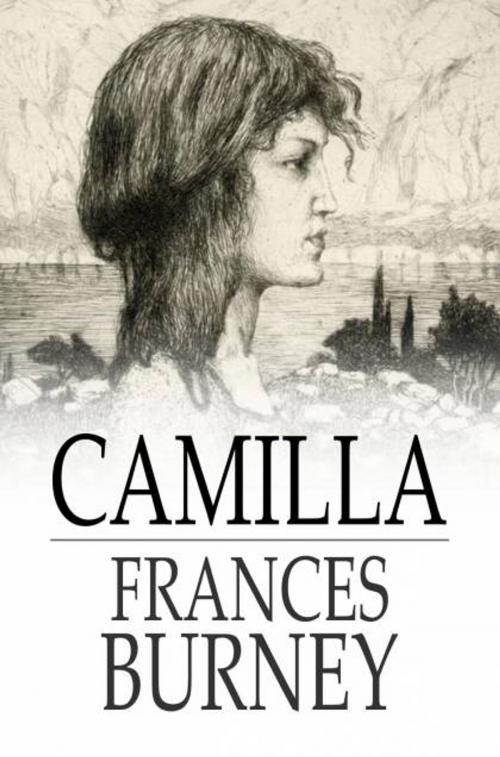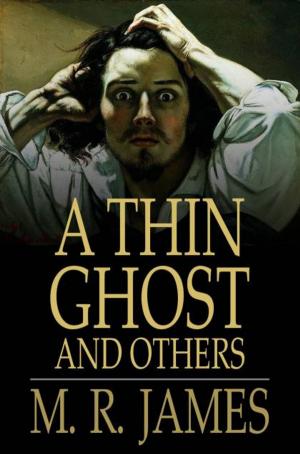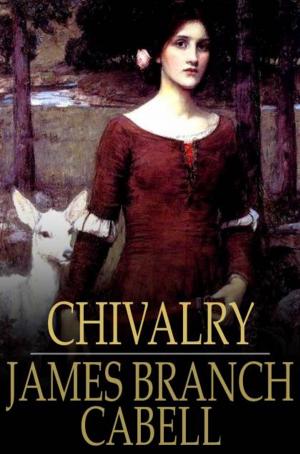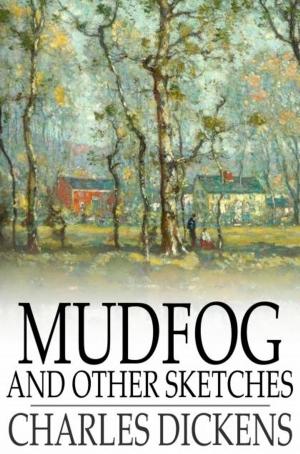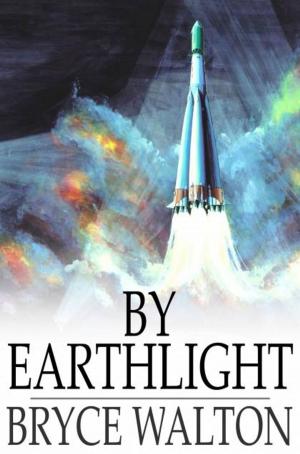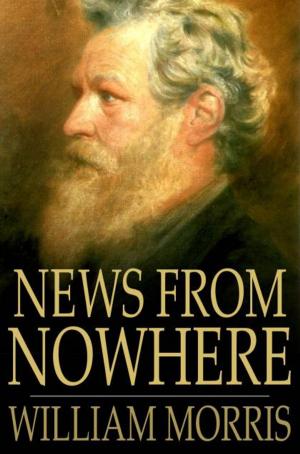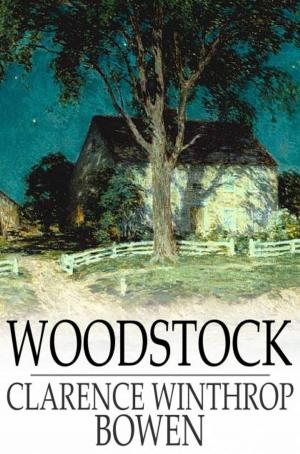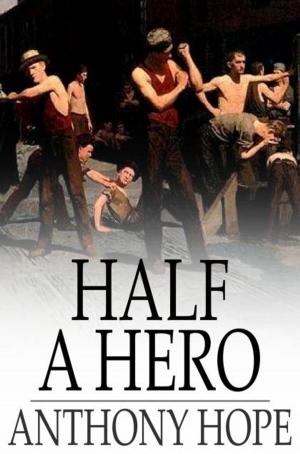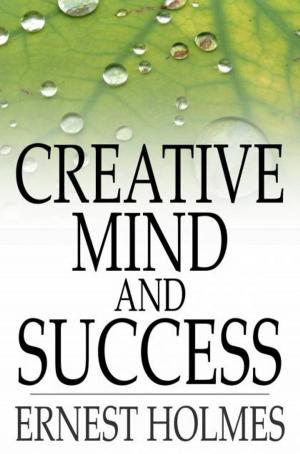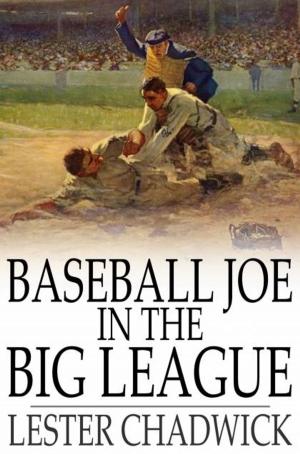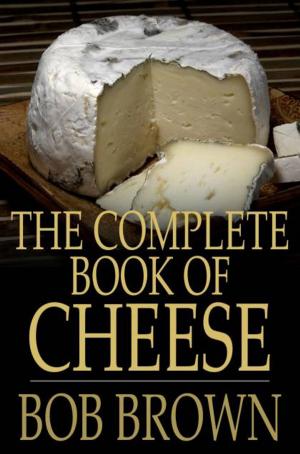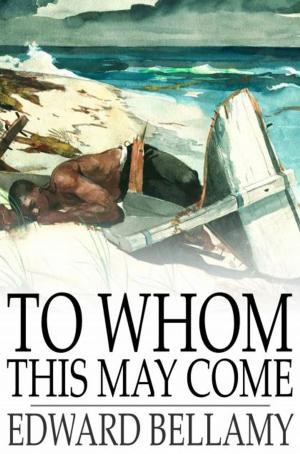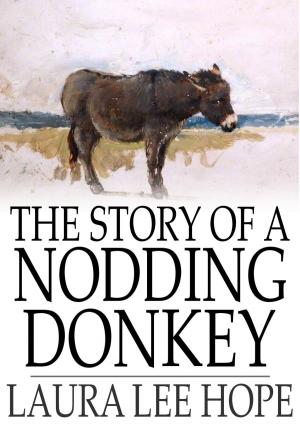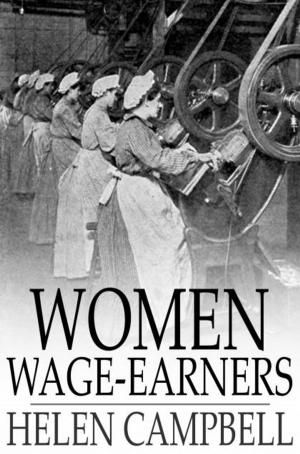| Author: | Frances Burney | ISBN: | 9781775415671 |
| Publisher: | The Floating Press | Publication: | June 1, 2009 |
| Imprint: | The Floating Press | Language: | English |
| Author: | Frances Burney |
| ISBN: | 9781775415671 |
| Publisher: | The Floating Press |
| Publication: | June 1, 2009 |
| Imprint: | The Floating Press |
| Language: | English |
Though Frances Burney's novels significantly influenced writers such as Jane Austen, Austen satirizes the genre in her own novel Northanger Abbey, writing of it: 'It is only Cecilia, or Camilla, or Belinda'; or, in short, only some work in which the greatest powers of the mind are displayed, in which the most thorough knowledge of human nature, the happiest delineation of its varieties, the liveliest effusions of wit and humour, are conveyed to the world in the best–chosen language." And later: 'I was thinking of that other stupid book , written by that woman they make such a fuss about, she who married the French emigrant.' 'I suppose you mean Camilla? 'Yes, that's the book; such unnatural stuff!... it is the horridest nonsense you can imagine; there's nothing in the world in it but an old man's playing at see-saw and learning Latin...' This critique, the justness of which was unfortunately lost on poor Catherine, brought them to the door of Mrs. Thorpe's lodgings."
Though Frances Burney's novels significantly influenced writers such as Jane Austen, Austen satirizes the genre in her own novel Northanger Abbey, writing of it: 'It is only Cecilia, or Camilla, or Belinda'; or, in short, only some work in which the greatest powers of the mind are displayed, in which the most thorough knowledge of human nature, the happiest delineation of its varieties, the liveliest effusions of wit and humour, are conveyed to the world in the best–chosen language." And later: 'I was thinking of that other stupid book , written by that woman they make such a fuss about, she who married the French emigrant.' 'I suppose you mean Camilla? 'Yes, that's the book; such unnatural stuff!... it is the horridest nonsense you can imagine; there's nothing in the world in it but an old man's playing at see-saw and learning Latin...' This critique, the justness of which was unfortunately lost on poor Catherine, brought them to the door of Mrs. Thorpe's lodgings."
